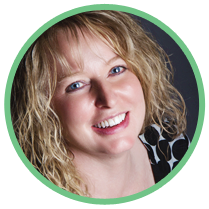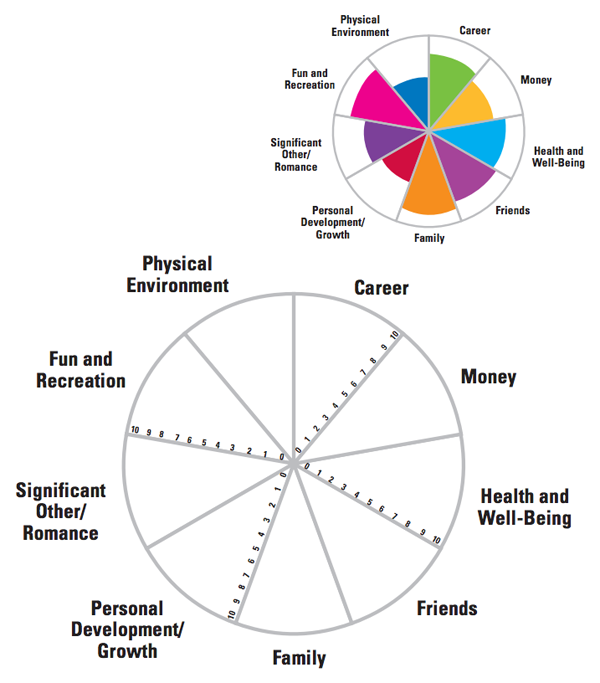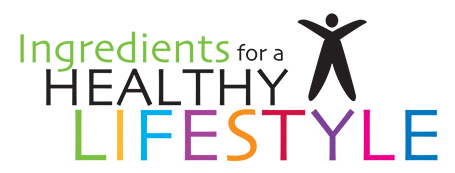
Sherry Matheson
Age: 46
Tell us about your background.
I am 46 years young, married with a blended family of five girls and one boy, and two dogs. I worked for 17 years as a corporate paralegal at various mid size law firms and then in the legal department at a large corporation. Before becoming a corporate paralegal I worked in the oil and gas industry for 6 years.
Why did you decide to leave your profession and become a coach?
I was working until 11:30 at night and weekends at the big corporation and I burned myself out after three years. I didn’t have the right skills and tools to be in that environment and developed shingles on the backs of my knees to the point where I was sitting in my doctor’s office and she was handing me a prescription for anti-depressants and wanting me to take a leave of absence. I decided I needed to quit my job in order to heal and get better. We are a blended family with six kids and it wasn’t an easy decision.
I accidentally discovered coaching after I quit working as a paralegal and started my training five months later with the Coaches Training Institute at the University of Calgary.
We often put everyone else first. It’s the ‘nice girl syndrome.’
My coaching style has a big focus on positive psychology, so if beating yourself up isn’t working for you and you’re not feeling empowered, I can help.
Explain your approach to health and wellness coaching.
I take a comprehensive approach to health and wellness by looking at how all the areas of your life are connected to your wellbeing. I like to open up the realm of positive possibilities for others. I feel my journey  prepared me well to understand and emphasize with my clients and makes me a better coach.
prepared me well to understand and emphasize with my clients and makes me a better coach.
I create action plans to help my clients make the sustainable changes necessary to improve their health and live better quality lives. We tackle issues such as managing stress, increasing energy, achieving more balance, sleeping better, eating healthier, getting into more movement, achieving and maintaining an ideal weight, reducing food cravings, improving self perception, improving relationships, increasing productivity, and enhancing decision making.
Health and wellness coaching combines psychology, behavioral change theory and life coaching. The field is on a swift positive trajectory due to the evidence demonstrating its role in improved client/patient outcomes, medical compliance, employee health and productivity, and lower health care costs. Health and wellness coaching effectively bridges the gap between traditional, organized healthcare and behavioral change.
How do women most sabotage themselves?
We often put everyone else first. It’s the ‘nice girl syndrome.’ My coaching style has a big focus on positive psychology, so if beating yourself up isn’t working for you and you’re not feeling empowered, I can help.
I’d like to share a testimonial from one client, who wrote: ‘I’m never usually at a loss for words, but I find myself hesitating to express my gratitude because words alone can’t convey my emotions. What I originally thought was going to be a simple plan for weight loss and exercise, to my surprise and delight turned into a journey of self-discovery and self-acceptance, of which you were the catalyst. From our first coaching session you had the wisdom and listening skills to pinpoint my needs. The information you forwarded to assist me in working on my goals was invaluable. You will forever hold a place in my heart as the person who helped introduce me to a better version of myself.” —Sharon, Ontario

Why is your company called “Ingredients For A Healthy Lifestyle?”
Each client is unique and so are her ingredients to create a healthy lifestyle. What roles do eating, exercise, work, family, etc. play in her life and how can she balance them to achieve her goals?
Where and how often do you meet with clients?
I coach the majority of my clients over the phone so they can be located anywhere. Our calls are 50 minutes long, twice a month, and we have unlimited email contact.

